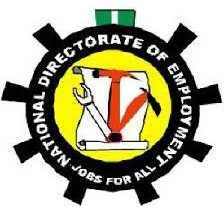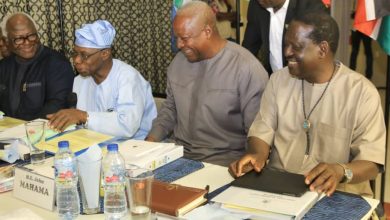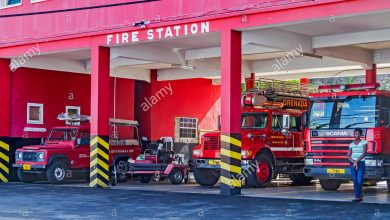2019: NIGERIAN WORKERS THREATEN TO TRADE VOTES FOR MINIMUM WAGE
He spoke on the “Role of the Labour Movement in National Development: Dare to Struggle, Dare to Win,” noting that despite their contribution to national development, workers still demand and struggle for improved conditions of service, standard of living and welfare.
‘From the first minimum wage of N125 in 1981 to the current N18,000, workers have always been forced to “bargain so hard, wait for too long for wages that usually tend out to mock their contributions to national development”, he stated
The union leader lamented the poor state of the country’s economy, which he said has remained “essentially rent seeking” as a result of “systemic distortions” from over-dependence on crude oil revenue.
He, however, commended the Buhari administration for attempting to diversify the economy, particularly through agriculture, just as he drew attention to fundamental structural issues undermining inclusive growth and negatively impacting sustainable development.
‘With unemployment rate growing from 16.2 per cent to 18.8 per cent in the third quarter of 2017,the country’s current economic structure hardly supports mass industrialisation and capacity for sustainable job creation for the teeming population of jobless youths’.
Wabba also identified industrialisation as the only way out, noting that, although Nigeria was among the three leading economies in Africa, including Egypt and South Africa, the value addition by the country’s manufacturing sector to the economy was too low.
‘Nigeria’s gross domestic product is put at $406 billion; Egypt $332.3 billion and South Africa $294.1 billion. But, value addition, in terms of manufacturing in South Africa is about 25 per cent; Egypt 20 per cent against Nigeria’s less than five per cent’.
“To meet the Sustainable Development Goals 2030, especially SDG 9 dealing with industry and innovation, Nigeria must urgently innovate; revive closed textile, steel and engineering mills. We must industrialise,” Wabba said.






